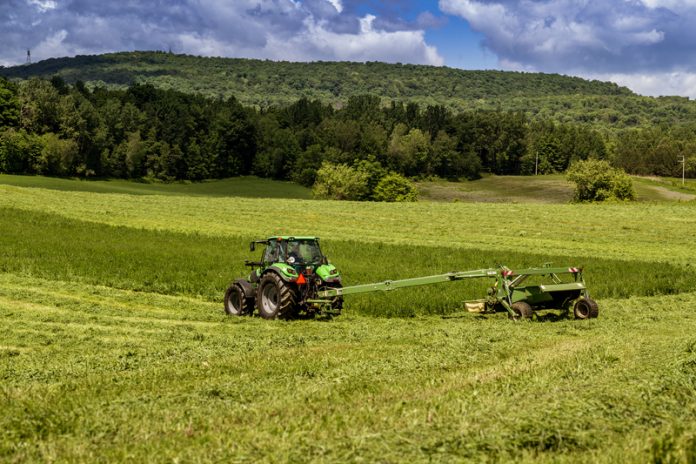Environment Secretary Michael Gove has warned that intensive farming could lead the ‘fundamental eradication’ of soil fertility
Michael Gove has said that intensive farming in the UK could cause a crisis in soil fertility within 30-40 years.
At the parliamentary launch of the Sustainable Soils Alliance (SSA), Mr Gove said that heavy use of machinery and chemical fertiliser, herbicides, and pesticides are having a real and dangerous impact on the quality of the soil.
Soil erosion has become a problem across the globe, as farmers maximise production to meet an increasing global demand for food.
The UK loses an estimated 2.9 million tonnes of topsoil every year, according to the Department for Environment, Food, and Rural Affairs (DEFRA).
Gove has added that the UK will not adopt ‘US-style’ intensive farming, and said at the event:
“Countries can withstand coups d’état, wars and conflict, even leaving the EU, but no country can withstand the loss of its soil and fertility.”
The UK’s record
The UK has been accused of having a previously poor record on the quality of its soil.
The government has not monitored its soil since the Countryside Survey in 2007 and received criticism in the same year for blocking an EU soil protection law alongside France and Germany.
The EU is currently considering outlawing glyphosate, a weedkiller so pervasive it has been found in 60% of bread sold in the UK and 45% of Europe’s topsoil.
Most herbicides in the UK are made with glyphosate and a ban on the chemical would have a huge impact on farming in the UK and Europe.
Post-Brexit, Gove is hoping for a successful climate policy in regards to agriculture.
The National Farmer’s Union has previously defended intensive farming, but they were present at the launch of the SSA and set up an environment forum 3 years ago.
Some see Brexit as a potential opportunity to improve the UK’s agricultural policy.
MP and private secretary to Michael Gove Rebecca Pow said there has been a ‘groundswell of interest’ in UK farming and Eden Project founder Tim Smit said that Brexit could pave the way for a ‘new agricultural revolution’.











